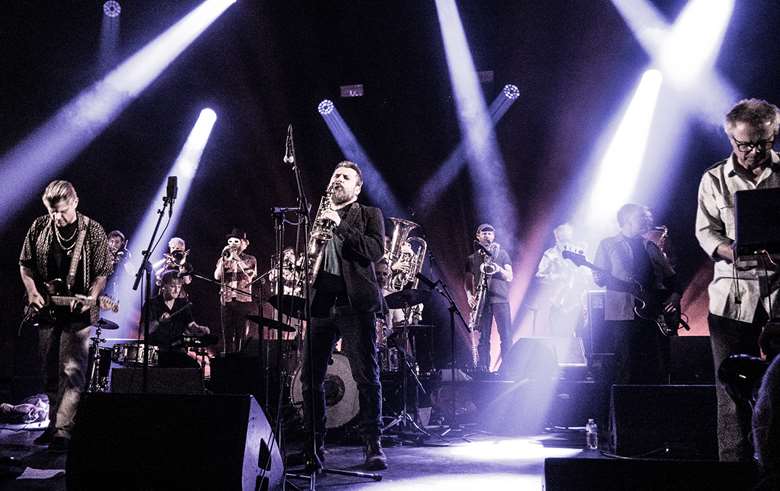Brussels Jazz Weekend gets buzzing with home-grown talent
Martin Longley
Tuesday, June 21, 2022
Martin Longley enjoys a “crash course in the Belgian scene, and its satellite zones of blues, electronic, gypsy and Afro fusions”


Register now to continue reading

Thank you for visiting Jazzwise.co.uk. Sign up for a free account today to enjoy the following benefits:
- Free access to 3 subscriber-only articles per month
- Unlimited access to our news, live reviews and artist pages
- Free email newsletter